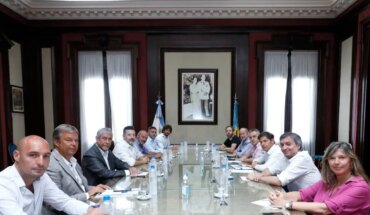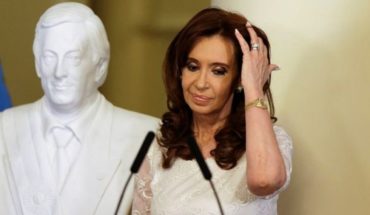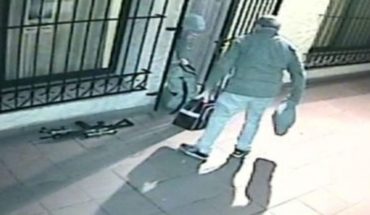In 2021, El Mostrador revealed the expenditure that the Electoral Service (Servel) made in written media, most of them for direct payment deals, which were concentrated in the two large conglomerates in the country: La Tercera and mainly El Mercurio.
This fact set off the alarms inside the Servel. In fact, during April of last year, the president of the organization, Andrés Tagle sent a letter to the then minister of the Segpres, Juan José Ossa, in which he asks him to modify the current legislation to stop making publications in the media.
You may be interested in:
“This agreement consists of requesting the President of the Republic, through his Ministry, to legislate in order to modify articles 30 and 48 of Law No. 18,700, Constitutional Organic On Popular Votes and Counts, as well as Article 115 of Law No. 18,695, Constitutional Organic of Municipalities, eliminating the obligation to make publications in the written press and enshrining in its replacement the obligation to carry out the respective publications on the website of the Electoral Service (www.servel.cl) and in its call center when appropriate,” says the letter, which has so far been kept in an unremarked drawer.
More than a year after that letter, the Council for Transparency (CPLT) is already in work so that this type of controversy does not happen again, so its president Francisco Leturia has already begun a direct offensive.
“The Servel pays, the law obliges, to put in a newspaper all the list of the members of the country. Has anyone ever bought a newspaper to see if it’s local? The Servel has asked the previous government, telling it ‘in the pure election of councilors, we are going to spend 5 billion pesos. Please modify the law,'” he said in conversation with La Red.
In El Mostrador, he also delved that “we have found many surprising and worrying findings. The first thing we can say is that we are talking about millionaire expenses, but that they are probably more millionaires than we, with all the resources we have, are able to investigate. (…) All this great effort of transparency really is a very small photo and the tools that the law gives us do not go further either.”
Leturia adds that the publicly available information is “incomplete, unclear, and not very transparent,” but that, despite the inconsistency of the data, it was possible to identify more than 100 million dollars concentrated mainly in the El Mercurio, Copesa, in addition to the Archi groups. In this sense, the CPLT counselor emphasized the concern of the issue in a context of crisis of confidence, where “information pluralism is one of the shortcomings of democracy”, so it is urgent to advance in “adequate descriptions of each expenditure that the State makes in advertising”, to then be able to discuss the justification of this transfer of resources.
Follow us on





